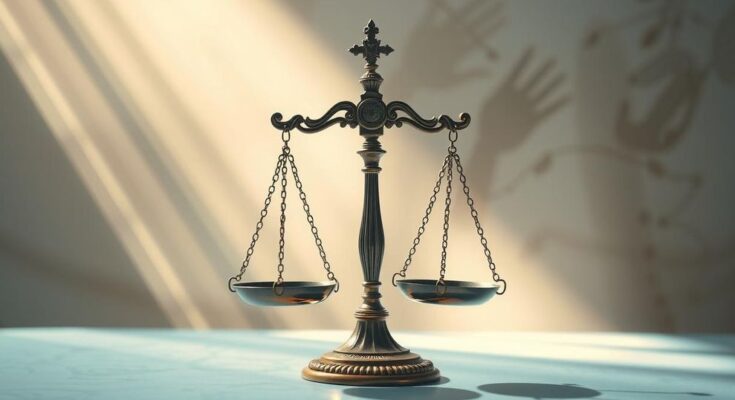The University of Minnesota Law School recently honored International Human Rights Day with a thought-provoking lecture by Margaret Huang, the president and CEO of the Southern Poverty Law Center. Her address scrutinized the essential connection between democratic governance and the safeguarding of human rights, pointing out that recent legislative actions, such as the Supreme Court’s Shelby County v. Holder ruling in 2013, have eroded voting rights, thereby limiting the democratic system’s effectiveness in protecting human rights.
Huang voiced concerns about attacks on democratic engagement that hinder the expression of individual rights, advocating for the importance of fostering a multiracial and inclusive democracy to protect human rights across the United States. The lecture was part of a series hosted by the Minnesota Law’s Human Rights Center, aimed at addressing pressing human rights issues, educating future lawyers, and collaborating with civil society for meaningful legal change.
Founded in 1988 by Professor David Weissmuller, the Human Rights Center (HRC) supports the Minnesota human rights community and serves as a research hub for human rights law and practice. Amanda Lyons, the HRC’s Executive Director, emphasized their collaborative efforts on racial justice issues, helping organizations access international resources and mechanisms for advocacy.
One significant accomplishment was facilitating the visit of a U.N. expert who shared insights on local human rights challenges in Minnesota. The HRC’s involvement in a recent U.N. discussion on racial justice highlighted Minnesota’s long-standing commitment to human rights, even as the U.S.’s standing in this realm fluctuates over the years.
Lyons noted the center’s renewed strategy in response to recent human rights challenges, fostering creative dialogues and mobilizing community energy for advocacy. The HRC emphasizes bridging international human rights frameworks with U.S. efforts, recognizing the need for a shared language that transcends domestic political divisions.
Regents Professor Fionnuala Ní Aoláin, the HRC’s faculty director, remarked on the center’s pioneering role in placing human rights at the center of legal discourse. Under her leadership, the HRC has developed a free online library for human rights practitioners, positioning itself as a global leader in human rights scholarship.
Second-year law student Alex Mysler from Argentina, who joined the HRC in 2023, highlighted its role in connecting law students with research opportunities and networking possibilities within the human rights field. The HRC’s support is crucial for aspiring human rights lawyers, especially in a climate where such advocacy faces significant obstacles.
Mysler contributes to the International Human Rights Litigation and Advocacy Clinic, focusing on the rights of rural populations in the Inter-American system, an area gaining increasing attention from the U.N. His upcoming participation in a session in Geneva on eliminating discrimination against women underscores the HRC’s commitment to pressing global human rights issues.
The University of Minnesota Law School held a lecture by Margaret Huang addressing the critical link between democracy and human rights. This event, part of the Human Rights Center’s initiatives, focuses on educating future lawyers and advocating for inclusive democracy. The center encourages collaboration with various organizations to address pressing human rights issues while incorporating international frameworks into its work.
The University of Minnesota Law School is actively placing human rights at the forefront of legal education and advocacy through initiatives like the Human Rights Center. As highlighted by Margaret Huang, democratic governance is vital for protecting these rights amidst contemporary challenges. The collaboration between students, faculty, and civil organizations, coupled with a global perspective on human rights, fosters a promising future for advocacy efforts.
The article discusses the recent efforts of the University of Minnesota Law School to promote human rights through educational initiatives and strategic collaborations. Highlighting a lecture by Margaret Huang, it explores the intersection of democracy and human rights and the role of the Human Rights Center in advocating for justice and inclusivity. The need for stronger ties between international and domestic legal frameworks is emphasized, as is the importance of engaging law students in real-world human rights issues.
Original Source: minnlawyer.com



